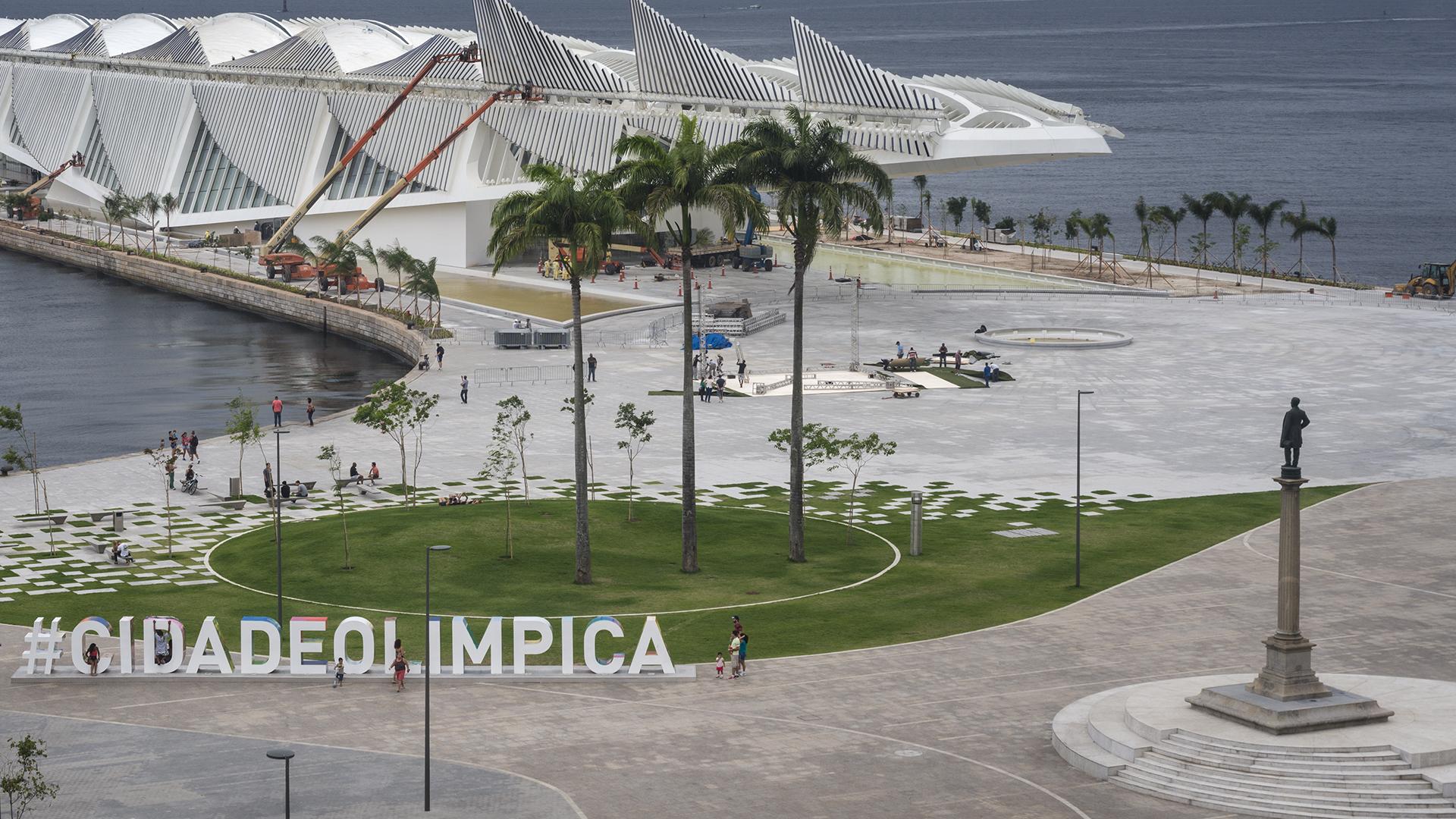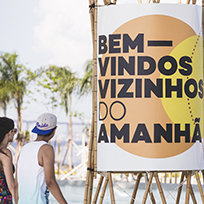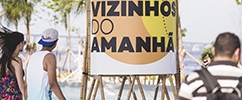Mauá 360 Seminar

The Museum of Tomorrow invites the public to a journey through the history of the city of Rio starting at the harbor area. On the next 15th, in our conference hall, the museum will present the Mauá 360 Seminar, which will gather historians, writers, architects, and urbanists for a series of lectures about the docklands of the city.
The event - hosted by the museum’s Community Relations Manager, Laura Taves -, will also serve as the opening class of the Mauá 360 Project, which intends to train young residents of the area and educators of the museum so they can work as tour guides in the region.
Check the schedule below:
Opening lecture: conducted by Luiz Alberto Oliveira, general-curator of the Museum of Tomorrow.
General aspects of the history of the region and the port activity in Rio de Janeiro before the 1910s
Paulo Knauss, historian, director of the Museu Histórico Nacional (National History Museum of Rio de Janeiro), professor of the History Department of the Universidade Federal Fluminense (Federal Fluminense University).
Rio’s docklands, a redesigned tradition
Guto Nobre, screenwriter and director, constantly walks Rio’s old downtown as part of the project “O Rio Passa por Aqui” (Rio Passes through Here), which has been working on revitalizing the docklands of the city for 10 years.
On the diaspora of the docklands
Luiz Antonio Simas, writer, historian, columnist for the “O Dia” newspaper, and professor. Has a Master’s Degree in History from the Federal University of Rio de Janeiro and carries out the project “Ágoras Cariocas” (Agoras of Rio de Janeiro).
Rio’s docklands - building modernism
Augusto Ivan, architect and urbanist, special advisor for the Presidency of the Empresa Olímpica Municipal (Municipal Olympic Company). Has published, along with the architect and urbanist Nina Rabha, the book “Porto do Rio de Janeiro - Construindo a Modernidade” (Rio’s Docklands - Building Modernism) in 2004.
The Instituto Rio Patrimônio da Humanidade (Institute of Human Heritage of Rio de Janeiro) and the Circuito da Herança Africana (Circuit of African Heritage)
Washington Fajardo, architect and urbanist. President of the Instituto Rio Patrimonio da Humanidade, president of the Conselho Municipal de Proteção do Patrimonio Cultural (City Council for Cultural Heritage Protection)
Final lecture: Luiz Alberto Oliveira, general-curator of the Museum of Tomorrow
Museum of Tomorrow is an Applied Sciences museum which explores the opportunities and challenges which humanity will be forced to tackle in the coming decades from the perspective of sustainability and conviviality. Launched December 2015 by Rio de Janeiro City Hall, Museum of Tomorrow is a Culture asset from Rio's Secretary of Culture currently managed by Instituto de Desenvolvimento e Gestão (IDG). Example of a well-succeeded partnership between public power and private initiative, it has already received over three million visitors since opening. With Santander Bank as a Master Sponsor and a wide network of partner sponsors as Shell, IBM, IRB-Brasil RE, Engie, Grupo Globo and Instituto CCR, the museum was originally conceived by Roberto Marinho Foundation.

